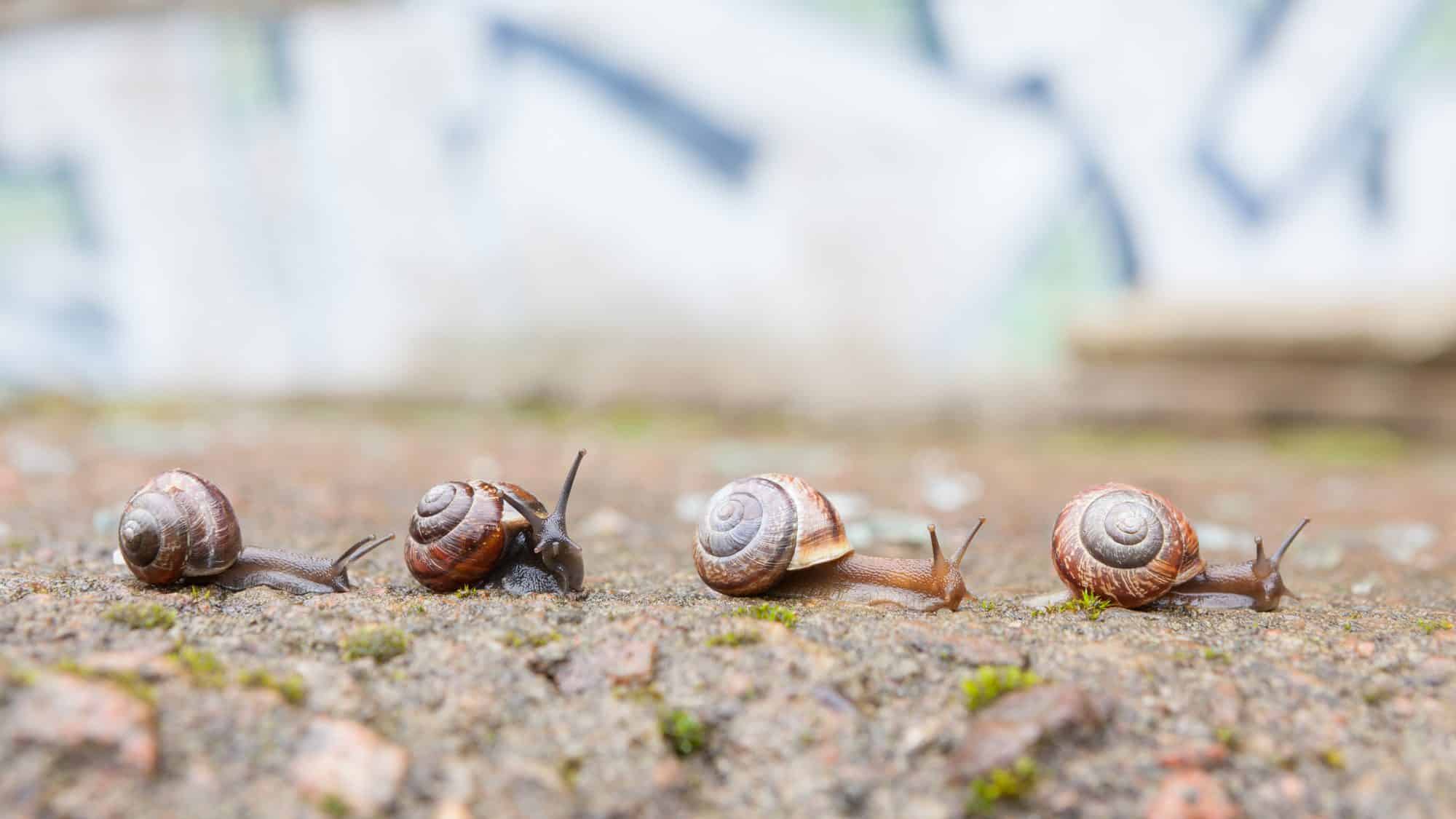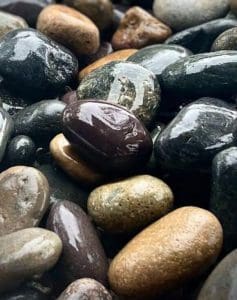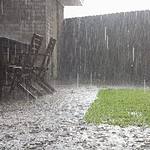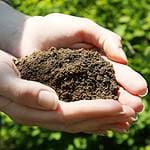
8 Things You Might Not Know Are Attracting Pests to Your Garden
Gardeners and pests have been battling each other for ages. And while chemical pesticides have been the go-to method for getting rid of unwanted guests, in recent years gardeners have been looking for more eco-friendly prevention methods.
From natural remedies to using the right materials, such as pebbles and mulch, there are a plethora of ways to combat insects and diseases. However, there could be elements in your garden that you don’t realize are attracting these nuisances in the first place.
Are You Overwatering?
While hydration is crucial for plant health, overwatering can create a haven for pests. Excess moisture in the soil attracts insects like fungi, gnats, and aphids.
Ensure proper drainage and water your plants based on their specific needs to avoid waterlogged conditions. Implement well-draining materials, such as covering soil with a layer of gravel, landscaping stones, or mulch to distribute moisture evenly.
Do You Have Leftover Debris?
Neglected plant debris, fallen leaves, or decaying organic matter can harbor pests and provide a breeding ground for diseases. Regularly clean up garden debris to discourage pests from establishing a comfortable habitat.

Are You Composting Correctly?
While composting is excellent for enriching soil, an imbalance in green and brown materials can attract pests. Ensure a well-maintained compost pile with a proper mix of nitrogen-rich (green) and carbon-rich (brown) materials to deter unwanted visitors.
Are You Using Too Much Fertilizer?
Excessive fertilizer can lead to an overgrowth of lush, tender vegetation that attracts pests. Follow recommended fertilization schedules and amounts to maintain a healthy balance without overstimulating plant growth.
Is it Easy For Pests to Enter Your Garden?
Gaps, cracks, and openings in fences or barriers can allow pests easy access to your garden. Regularly inspect and seal potential entry points to create a more fortified defense against invading insects.
Laying down mulch or river rocks not only helps with drainage but can thwart snails and slugs from reaching plants since they don’t like the jagged texture.

Is There Enough Variety in Your Garden?
Planting a large expanse of a single crop, known as monoculture, can attract specific pests tailored to that plant. Encourage biodiversity by planting a variety of crops, disrupting the ideal environment for pest specialization.
Better yet, plant as many native species as possible, as these plants tend to be well suited to the environment, making them evolved and hardy against natural pests in a specific environment.
Do Your Plants Have Enough Space?
Overcrowded plants limit air circulation and create a cozy environment for pests. Follow recommended spacing guidelines to promote better airflow and reduce the risk of infestations.
Are You Washing Your Garden Tools?
Dirty garden tools can carry pests and diseases from one plant to another. Regularly clean and sanitize your gardening tools to prevent the unintentional transfer of pests around your garden.






Leave a Reply